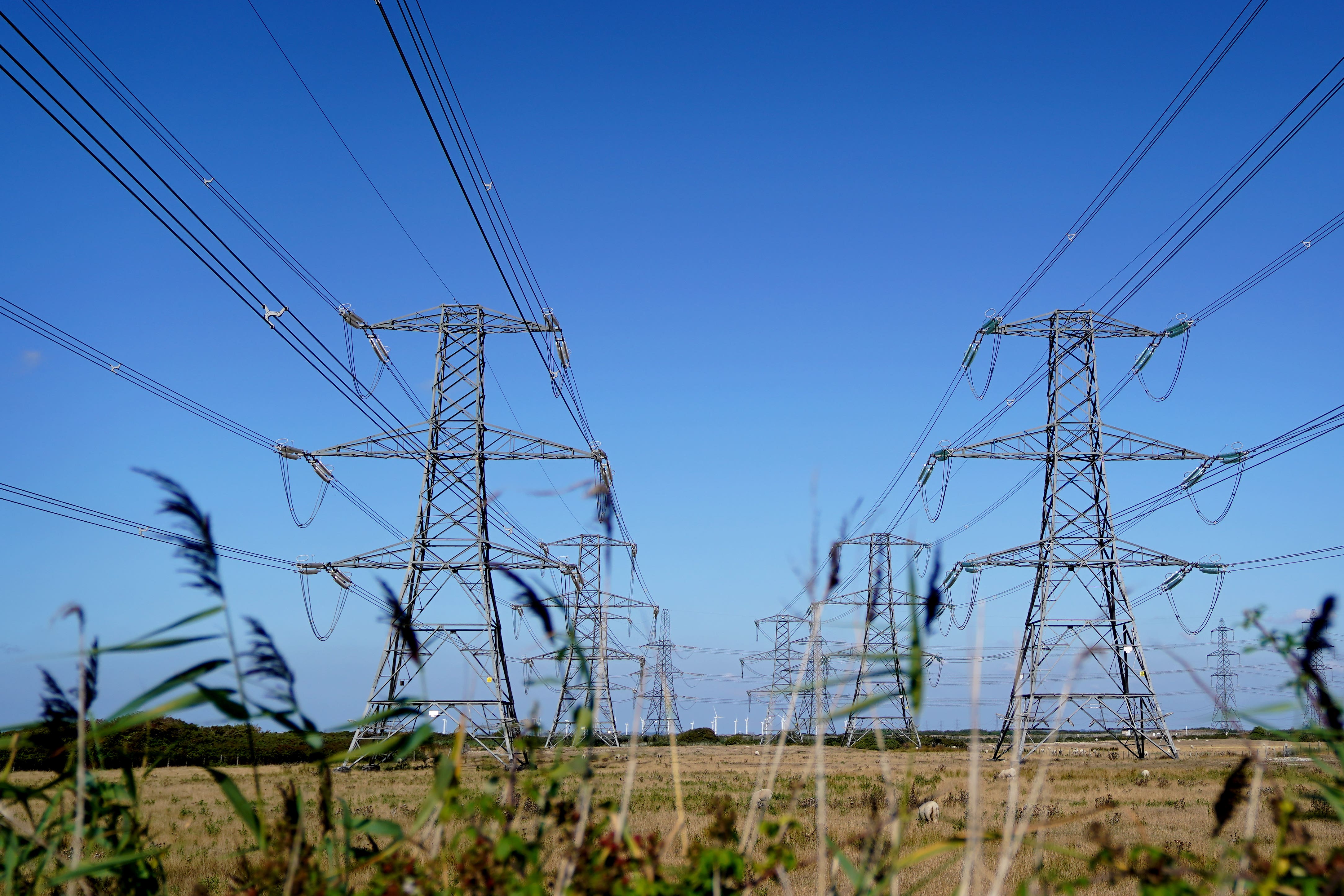Households share £9.3m for using less electricity at times of high demand
In November and December there were six test events and two times that the scheme was used in a real-world situation.

Your support helps us to tell the story
From reproductive rights to climate change to Big Tech, The Independent is on the ground when the story is developing. Whether it's investigating the financials of Elon Musk's pro-Trump PAC or producing our latest documentary, 'The A Word', which shines a light on the American women fighting for reproductive rights, we know how important it is to parse out the facts from the messaging.
At such a critical moment in US history, we need reporters on the ground. Your donation allows us to keep sending journalists to speak to both sides of the story.
The Independent is trusted by Americans across the entire political spectrum. And unlike many other quality news outlets, we choose not to lock Americans out of our reporting and analysis with paywalls. We believe quality journalism should be available to everyone, paid for by those who can afford it.
Your support makes all the difference.Around 2.2 million British households have shared £9.3 million in payments from their energy supplier for switching off appliances at certain times this winter.
National Grid’s Energy Systems Operator (ESO) said that 43 suppliers have signed up for the Demand Flexibility Service, which flags to customers in advance that they could be paid if they slightly change their habits.
It means that a household that has signed up in advance will get a text or other notification asking them to use less electricity “on Monday night between 6.30pm and 7.30pm”, for example.
If they then use less than they normally would during that hour on a Wednesday they will get paid for the reduction.
The Demand Flexibility Service continues to grow from strength to strength
To do so they are advised to perhaps cook dinner an hour later or an hour earlier than usual, or to take the dog for a walk during that hour.
The households who have joined in have only been given small payments for what is likely a small effort.
The purpose of the scheme is to take pressure off the grid at moments when there might be too little electricity to supply all the demands.
The alternative would be to pay for expensive power stations, potentially gas ones, to start producing more electricity, which would be more expensive than paying households to reduce electricity use.
In November and December there were six test events and two times that it was used in a real-world situation.
In total those eight events have saved a total of 2,507 megawatt hours (MWh) of energy, which would be enough to power more than six million households for about an hour, the ESO said.
“The Demand Flexibility Service continues to grow from strength to strength. Households and businesses up and down the country are demonstrating their continued interest and commitment to electricity flexibility and are reaping the rewards for their participation,” said ESO director of markets Claire Dykta.